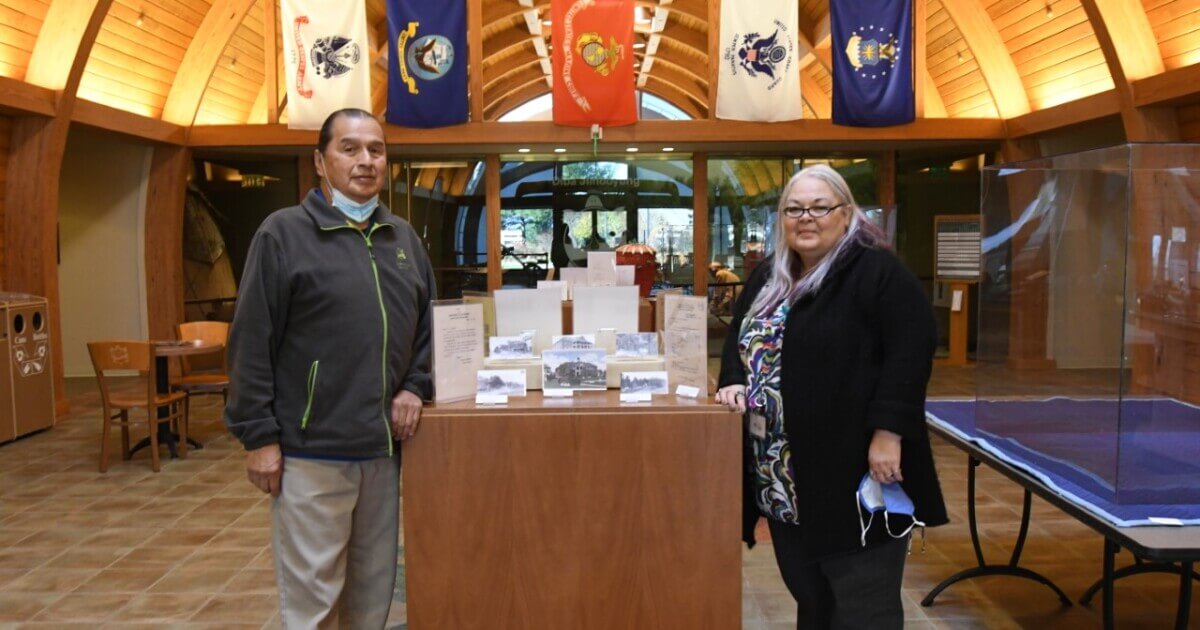For more than a century, the federal government and religious organizations took Native American children from their homes and placed them in boarding schools.
The institutions were meant to assimilate them into European-American culture and remove ties to their tribes. The children also faced rampant abuse, tough discipline, and little care.
Michigan was home to three of these boarding schools.
Now that they’re closed, many local Anishinaabe people are hoping to transform one of the former school sites.
WKAR’s Megan Schellong spoke with Lansing State Journal reporter Krystal Nurse, who reported on their efforts.
Interview Highlights
On how Native American culture was erased at boarding schools
They were abused right from the get-go. As soon as they got in, they were told “you can’t speak your language, you cannot practice your culture and you must cut your hair.”
And hair is very, very sacred for Native Americans.
And so, part of that was just they have to speak English. They have to be Catholic or Protestant.
And they have to basically abide by these Euro-American ways.
And it speaks to today with it being many Native Americans consider boarding schools as a form of genocide because their culture was just ripped away from them.
On whether tribes in Michigan are expecting to find remains of children
For right now they’re focused on doing a survey of the grounds and doing a survey of both the cemetery that’s near Canyon Creek to see what is out there.
They do have names of 225 lost souls from the Mount Pleasant boarding school, but they don’t know exactly if there are unmarked graves.
They’re not going to be conclusive to say yes, there are unmarked graves, but they’re not going to say, no, there aren’t unmarked graves.
They’re going to wait until this survey gives them a bit more information about what is out there because it’s just unknown of what is out there.
On…






